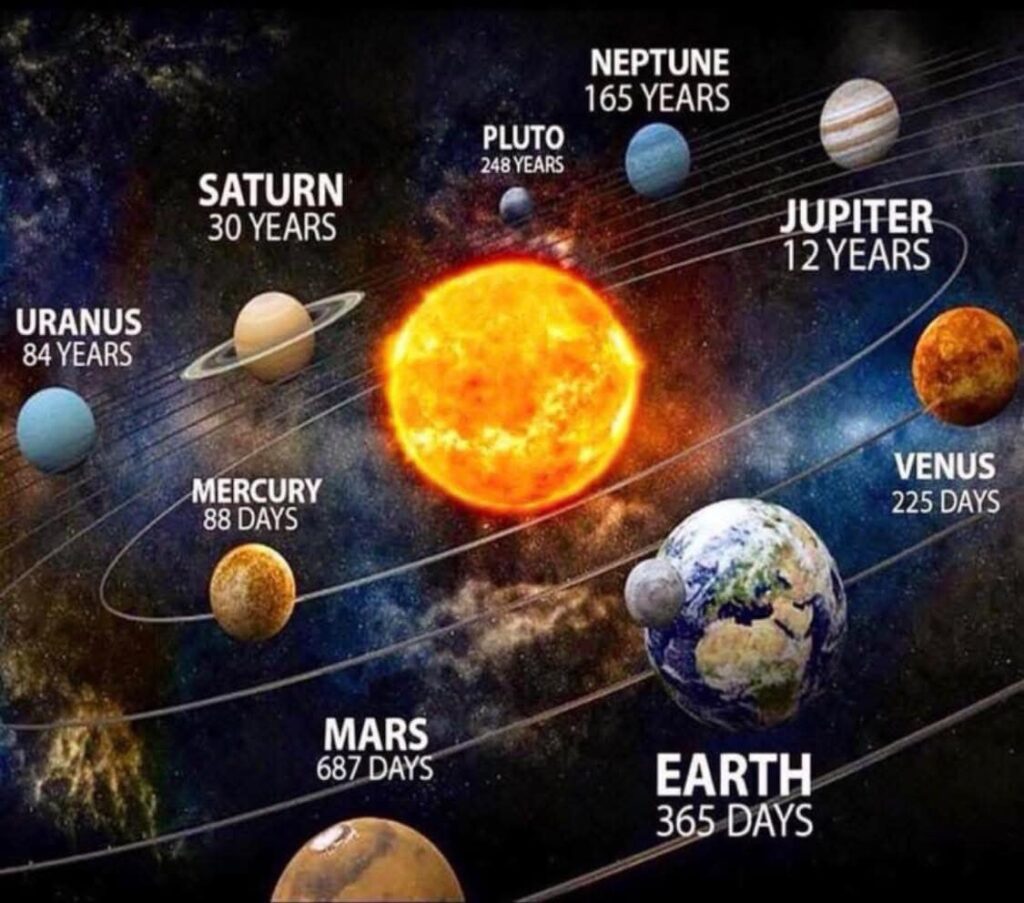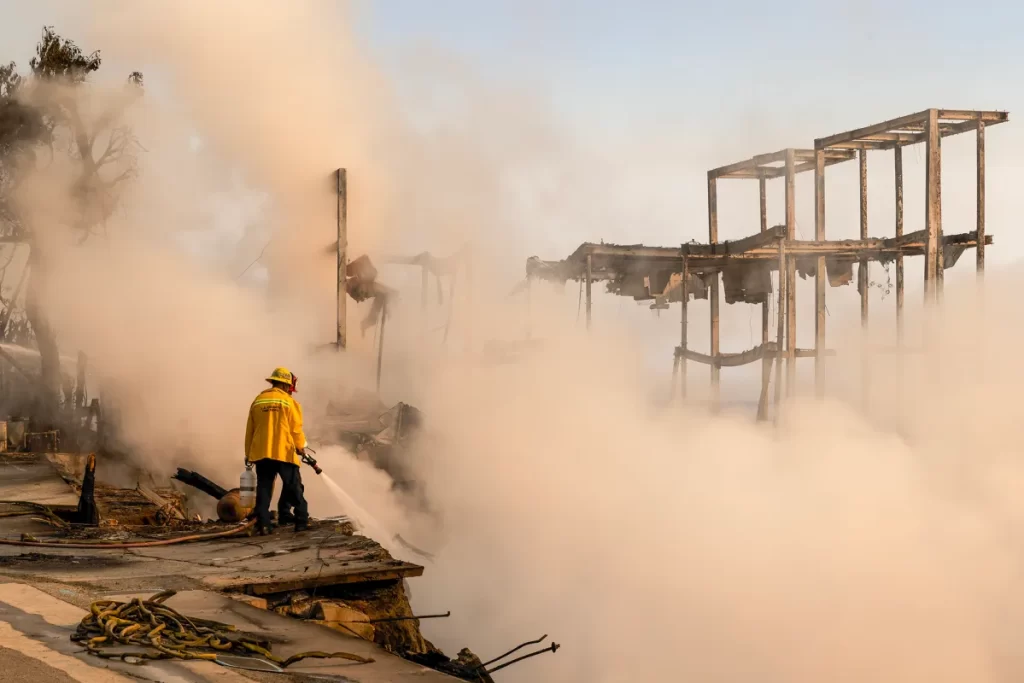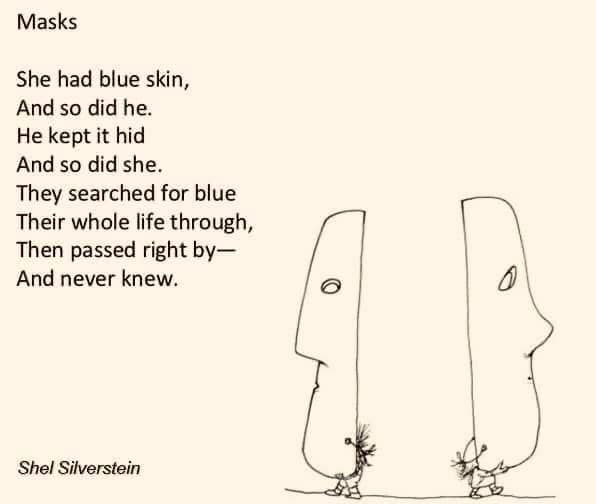
Mercury, swift as a hummingbird,
flickers about sun,
barely touching the edges of its edges.
It whispers: what is the point of lingering?
Venus, warm and slow,
glides in a silk of golden light,
its cycle a sigh stretched across time.
Do you feel the heat of longing?
Earth, steady mother,
turns with the grace of familiar rhythm,
each orbit a promise kept.
Do you see the beauty in her repetition?
Mars walks farther,
its steps dragging through dust and shadow,
its passage long, deliberate,
as though time itself were a burden worth carrying.
Jupiter spins with thunder and pride,
storms blooming endlessly in its wake.
It booms: what can contain me?
And who would dare try?
Saturn moves like an elder through the sky,
draped in rings of memory,
its turn stitched together with quiet reverence.
What is time but a crown of patience?
Uranus tilts as it dances,
a rebel against the predictable spin.
Its circuit asks only this:
is there not beauty in breaking patterns?
Neptune drifts,
its stretch dissolving like waves into the ocean of the sky.
It calls from afar:
can you feel the pull of my distance?
And Pluto, the wanderer,
fades into the dark,
its path unfurling like a forgotten tale.
It murmurs: does it matter,
if I am seen or not?
If time is the measure of a heart,
then what of ours?
If stars move so freely,
who tells them where to go?
Perhaps planets do not ask—
perhaps they know—
that the dance itself is enough.


